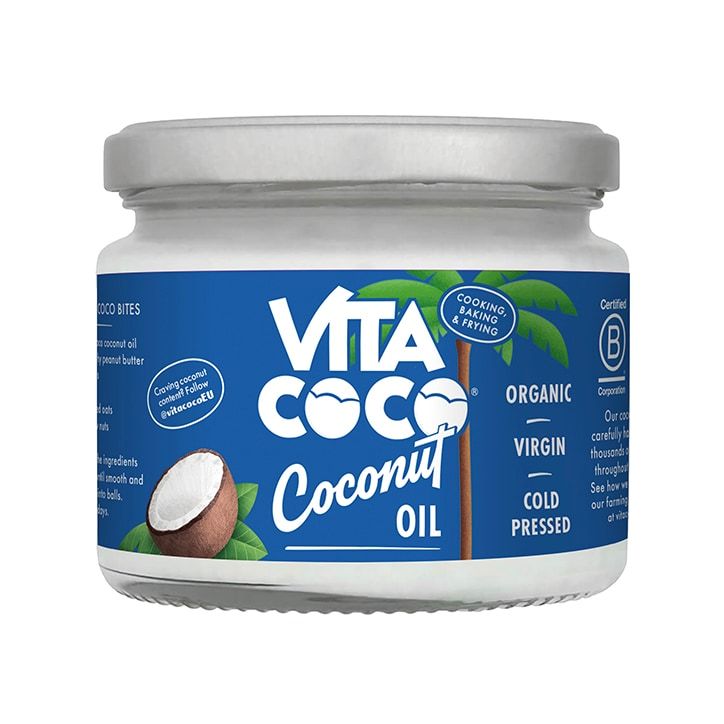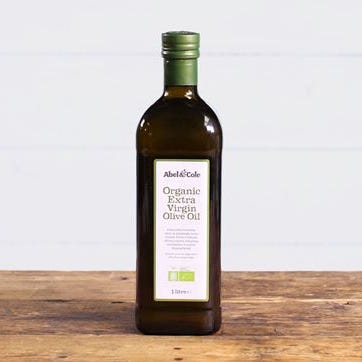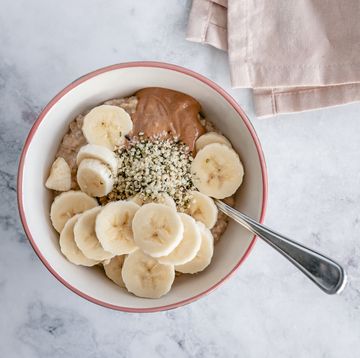Before training for a big race, it’s the little switches that are going to result in the biggest gains. Introducing the right food at the right time will fuel your training effectively, and provide heaps of additional benefits in the process.
In terms of everyday cooking oils, it’s long been debated whether coconut oil outperforms olive oil, and vice versa. However, we think there’s a place for both in a runner’s diet, so below, with the help of dietitian Ro Huntriss (@dietitianro), we discuss the pros and cons of each.
What is coconut oil good for?
Coconut oil contains lauric acid, which can help to boost the immune system. It’s also packed with medium-chain triglycerides — these are fats that act a bit like carbs, for a speedy energy boost.
What everyone's reading
How to eat it: Try adding a spoonful to porridge, coffee, smoothies or protein shakes. Or for a savoury twist, it’s great in stir fries.
What are the cons of coconut oil?
Coconut oil contains a high level of saturated fats — more than butter (78g per 100g) and olive oil (12.8g per 100ml). And while we know saturated fats can raise our blood cholesterol levels and increase our risk of cardiovascular disease, research has shown that intake isn’t linked with higher death rates, so there is still some debate as to just how bad saturated fats are for our health.
Regardless, the average adult male should aim to limit saturated fats to 30g a day, and for women it’s just 20g, so it’s best consumed in moderation.
What is olive oil good for?
The benefits of the Mediterranean diet have been widely reported — particularly when it comes to maintaining a healthy heart. Extra virgin olive oil is one of the key ingredients around which this diet is based, and is a less processed version of regular olive oil. As such it contains a higher level of anti-inflammatory antioxidants for post-run recovery.
Packed with healthy unsaturated fat, it’s thought that the consumption of olive oil can reduce our risk of mortality from cardiovascular events and stroke.
How to eat it: While it’s not dangerous to cook with extra virgin olive oil, you’ll be able to pick out more of the delicious flavours when used as a salad dressing, or as a finishing drizzle.
What are the cons of olive oil?
While there are no real cons to consuming olive oil, we’d definitely recommend opting for extra virgin olive oil to ensure you are consuming the most antioxidants possible.
Stacey looks after all food and drink reviews — from coffee pods and veg boxes, to natural wine and tequila. Stacey is also founder of Crummbs, where she’s written nearly 2,000 restaurant and hotel reviews since 2013. Prior to this, Stacey wrote hundreds of in-depth buying guides for the Independent, i newspaper and BBC Good Food, as well as reviewing restaurants and interviewing celebrities in her column at Balance Magazine. Stacey has also appeared in BAFTA-nominated BBC documentary Blood, Sweat & Takeaways, where she investigated South East Asia's food production industry, appearing on both Newsnight and BBC World Service to share her findings. Regularly checking out the latest restaurants, bars and product launches, Stacey also loves experimenting with recipes at home, and is a WSET-certified wine and spirits expert, with over 10 years of experience in the business. You can follow Stacey on Instagram @crummbs_uk























